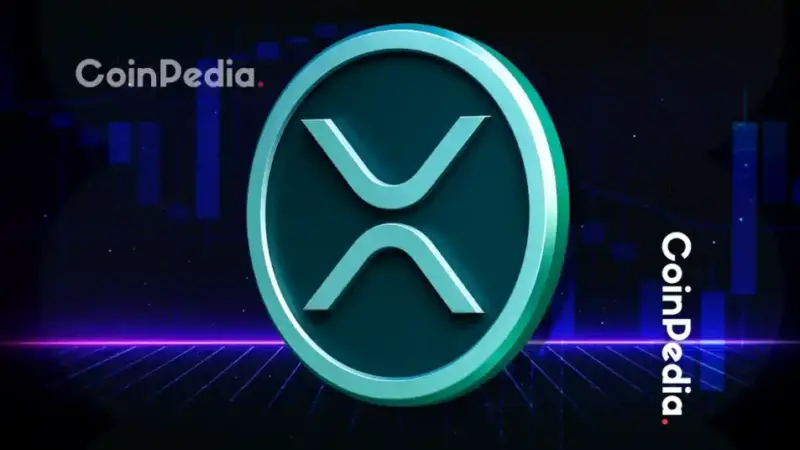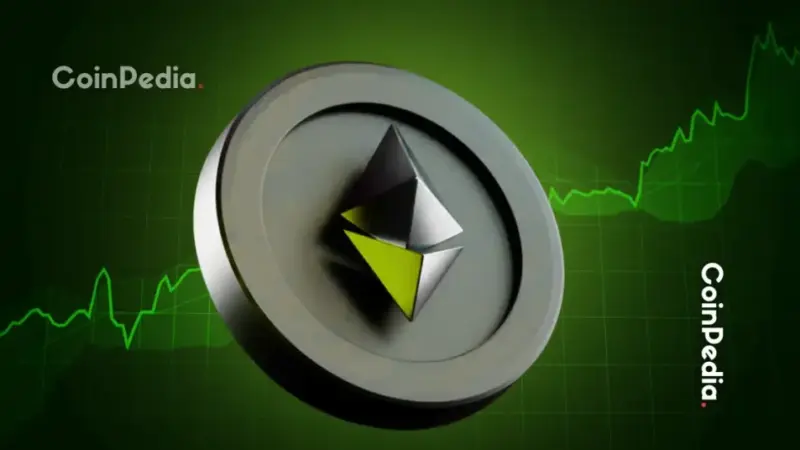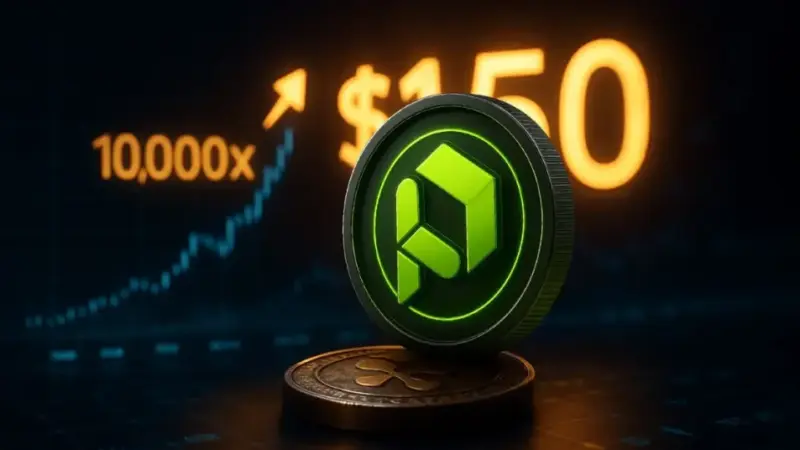DOTOracle – Rendering Decentralized Solutions to Polkadot and its Ecosystem
With a jump of more than 350% in its price this year, Ethereum has outperformed major cryptocurrencies, bolstered by the rise of decentralized finance (DeFi) protocols, like liquidity aggregators and decentralized exchanges. These projects brought in viable use cases that could extend to everything from insurance to decentralized trading and loans to yield farming. However, the increasingly DeFi protocols relying on Ethereum contracts made the network a lot busier, which led to higher gas fees for making transactions. Though ETH 1.0 transition to ETH 2.0 is in progress, the network is far from improving issues like scalability, speed, and gas fees.
Rise of Ethereum Killer – Polkadot
The slow pace of development within the Ethereum ecosystem has allowed its competitors to take over the altcoin space. A prime example is Polkadot, popularly termed as the ‘blockchain of blockchains’ and founded by Ethereum’s co-founder Gavin Wood. The network solves the scalability issue via sharding. It is a process of breaking the blockchain into shards (chunks) to process the data quickly. While it’s difficult to explain Polkadot and its features and functionalities within a few lines, the network’s efficient scalability capabilities are being taken seriously as its native token DOT jumps to 8th position on CoinMarketCap.
Considering Ethereum’s skyrocketing gas fees and low transaction per second (TPS) rate, Polkadot is an ideal solution for building new DeFi protocols. What about the projects deployed on other blockchains? Isn’t it nearly impossible to take all the existing codebase and write it in a different technology stack? Well, Polkadot has a solution – parachains.
Moonbeam Parachain – Removing the Friction
Moonbeam is an Ethereum-compatible parachain that allows developers to tap into Polkadot and all other bridges and parachains connecting to Polkadot, with minimal input/changes. The platform is a Web3-compatible service provider and supports EVM-based smart contracts. Therefore, developers can frictionlessly port their frontends and don’t have to worry about developing custom chains or working with complex integrations. As the parachain is a part of the Polkadot network, any project deployed on Moonbeam can enjoy the security of Relay Chain – the central chain connecting all parachains of Polkadot.
However, to build or use decentralized applications on Moonbeam, developers require external data resources without leaving the Polkadot ecosystem. This is where oracles come – to bring trusted sources of data into the Moonbeam-driven decentralized applications.
DotOracle – Feeding External Data to Moonbeam Parachain
dApps largely depend on oracles to get information on their conduct. The applications cannot build their own oracles because it would question their decentralization. Therefore they depend on external real-world data, which creates an opportunity to build efficient oracle solutions that are secure and also decentralized in nature.
DotOracle is the connective tissue between a real-world data source to Moonbeam and DeFi protocols’ smart contracts based on blockchains – especially Ethereum. The aim is to blur the boundary between the off-chain data sources and the information within blockchains by integrating a decentralized oracle with Moonbeam parachain. It also allows the platform to provide smart contracts with an uninterrupted and trusted data source.
Features of DotOracle Oracle Network
- Fast, Secure, and Decentralized: Automated fetching of real-time data makes DotOracle extremely fast without compromising security. Besides, an end-to-end decentralized oracle network makes it truly decentralized.
- Efficient Consensus Protocol: The platform uses Practical Byzantine Fault Tolerance distributed consensus protocol and implements strict penalties for misbehavior, thus securing the network.
- Elliptic Curve Cryptography: DotOracle incorporates the Elliptic Curve (EC) Multisignature scheme to reduce latency and increase encryption and decryption speed of the oracle.
- Transparency: Due to its integration with the Polkadot-powered Moonbeam parachain, DotOracle is highly transparent.
DotOracle – Also A Blockchain Bridge Between Ethereum and Polkadot
In addition to providing Moonbeam’s dApps with real-time information, DotOracle also acts as a decentralized, non-custodial liquidity bridge network that allows users to exchange cryptocurrencies between Ethereum and Polkadot blockchains instantly. The goal is to balance the liquidity between both ecosystems, allowing users with only a handful of digital assets to access liquidity without paying pocket-burning gas fees.
Decentralized money markets and liquidity protocols can tap DotOracle to bridge between network assets, thereby creating a much more all-encompassing decentralized market. Some more features of the DotOracle liquidity bridge network includes:
- Seamless Interoperability: Deployed on the Moonbeam parachain, the DotOracle network will allow decentralized applications to interoperate between Polkadot’s and Ethereum’s ecosystem seamlessly.
- Quick Transfers: Since DotOracle uses PBFT to reach consensus, transactions do not require multiple confirmations once approved. It not only improves decision-making but also increases asset transfer confirmation time.
- Non-Custodian: DotOracle uses EC Multisignature scheme to secure the network. Moreover, the network does not store the private keys, meaning users are always in complete control of their digital funds.
Moving Forward
The future is in interoperable blockchains, and Polkadot is at the forefront of the revolution brought on in the blockchain industry. Building and deploying parachains is the first step towards cross-chain solutions. However, like all blockchains, parachains cannot feed themselves with external data to make correct decisions.
DotOracle intends to connect Polkadot’s ecosystem with the off-DOT world and provide Moonbeam-based dApps with real-time data. Additionally, the network aims to solve the scalability and gas fee issues of Ethereum, while addressing liquidity concerns of Polkadot.
However, DotOracle is still in its infancy, and only time will tell if its dream to become a real-time decentralized oracle and cross-chain liquidity network for the Polkadot Ecosystem becomes a reality.



